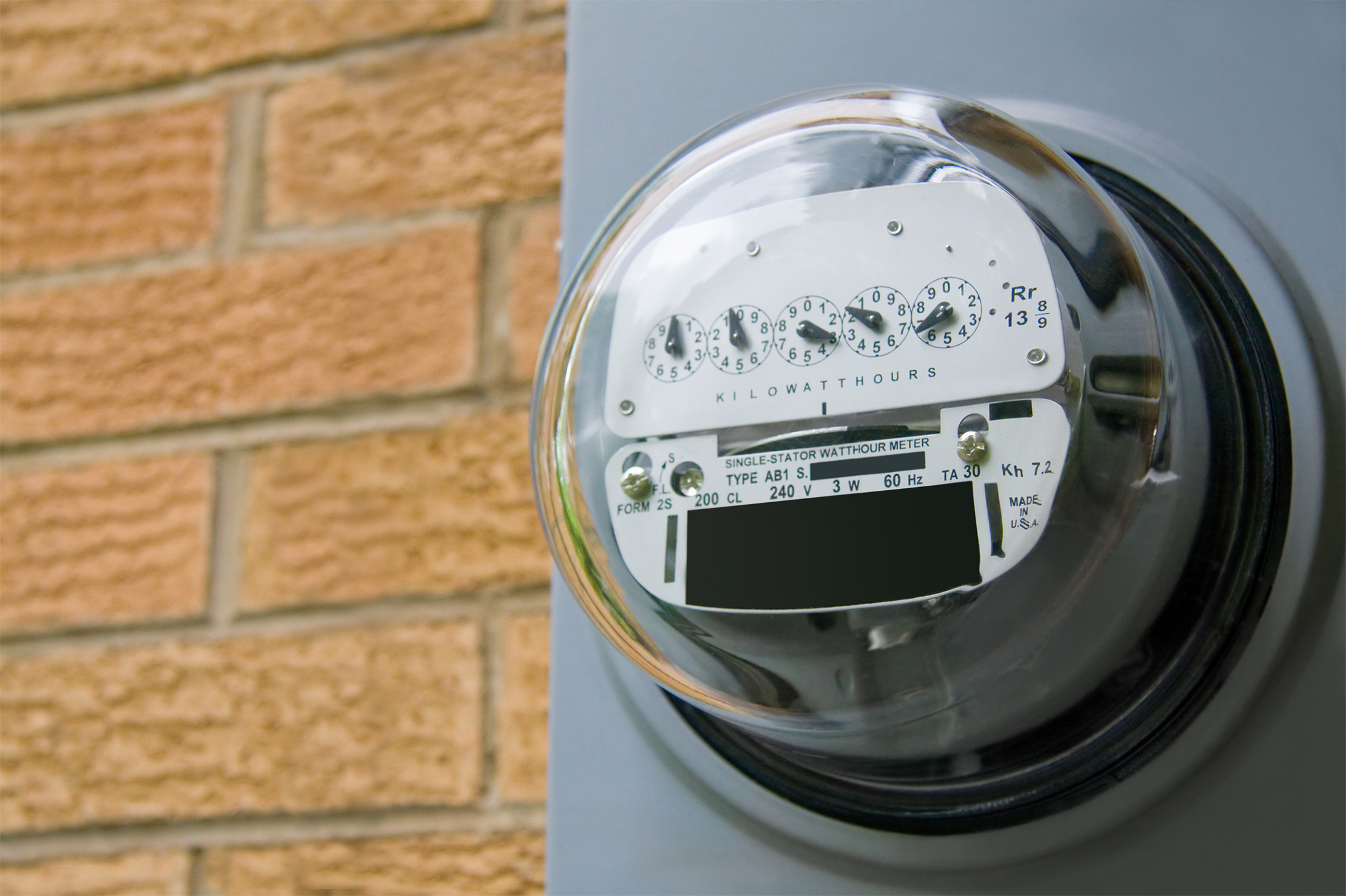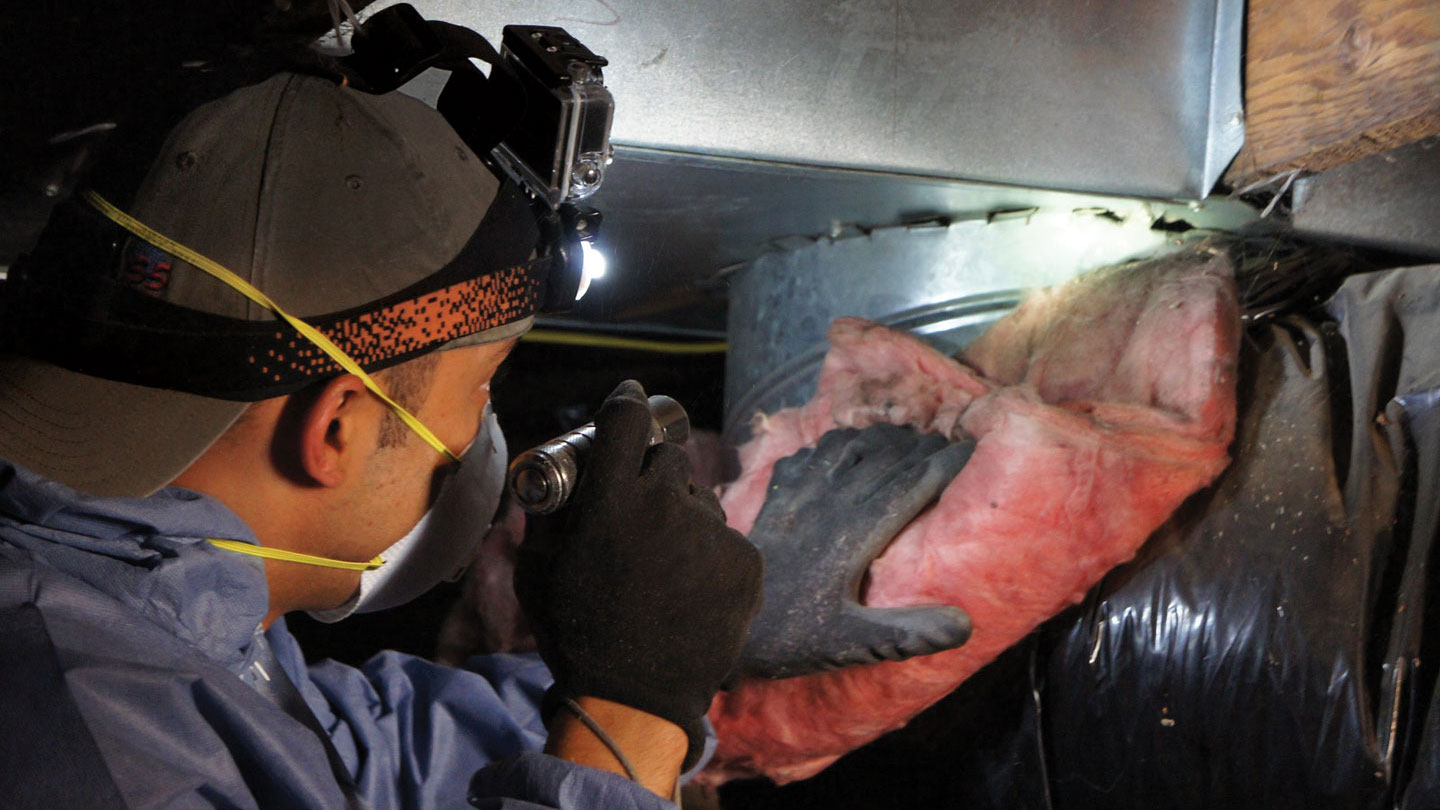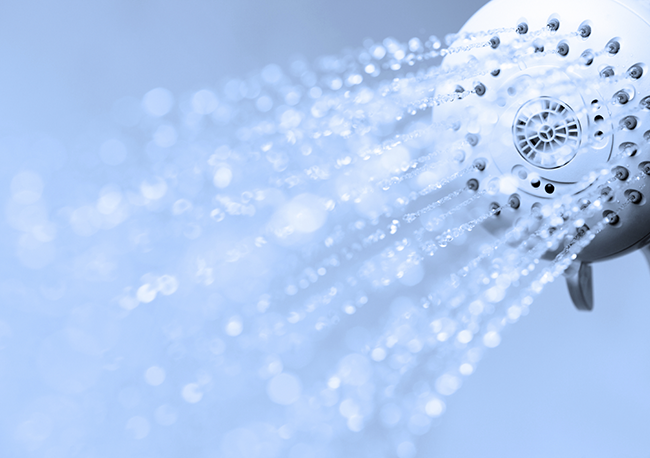
Energy wasters and savers
Most homes in the Northwest have computers and TV’s, DVRs, appliances and maybe game consoles, wireless routers, ceiling fans and items that need charging. Have a look around your kitchen – how many things are plugged in? But…I need my refrigerator, microwave, toaster oven, coffee maker, food saver, dishwasher, and range, and I can’t cook without my ipod docking station! While my appliances are EnergyStar efficient, there’s more money spent to maintain all of my many home energy needs.
How can we save energy and stay comfortable?
You can increase your energy efficiency by choosing better appliances or fuel sources, and/or you can practice conservation, by changing your behavior. Either way, you will save. We hate to hear that people turn down the thermostat and suffer wearing coats inside all winter to save money, when there are so many other ways to save, in comfort. Here’s some information about those efficiency and conservation savings options.
Space heating & air conditioning efficiency
There are three drivers of your space heating cost:
- Fuel Source – a natural gas or electric fuel source can be much less expensive than oil or propane. In fact, it used to be that the cost to decommission an oil heating system was so high that it was a deterrent to people switching fuel sources. Today, oil costs so much, the payback for making the switch will be fast.
- Equipment – today’s heating equipment whether it’s for natural gas or electric heating is much more energy efficient. There are substantial utility rebates for installing efficient equipment.
Natural gas furnaces can get to 97% efficient vs the old standard of 80%. What does that mean to you? 97% of your fuel is used, so only 3% of your fuel is lost as waste vs 80%/20%.
An alternative to a high efficiency furnace is a heat pump with a furnace or air handler back up. This option is good for either electric or gas fueled heating systems. The heat pump sources heat from the air – air is free! So you use the furnace just as a backup when it gets below zero outside. Heat pumps also can cool your house when it’s hot by running their process in reverse. This summer that would have been useful! Central air conditioning has also become more efficient, but in the Northwest many people are choosing to use the cooling features of heat pumps and ductless heat pumps to provide both heat & air conditioning. This is a cost and energy efficient way to get AC.
For electrically heated homes, ductless heat pumps can save up to 40% vs baseboard heating. These super quiet units also provide air conditioning in the summer – a bonus with our warming trends. These are great for single family homes, condos, townhomes and can fit just about anywhere.
Another super efficient technology is radiant floor heating and related hydronic heating. These take a sooped-up tankless water heater or boiler and heat your whole home. - Maintenance and Duct Sealing – If your system is not cleaned or running properly and your ducts are not sealed, there’s no system that can be efficient. Leaky ducts can lose up to 25% of your heat. Duct sealing should be done by professionals and is not nearly as expensive as the cost of the heat you are losing.
Water heating efficiency
- Water heating costs have been driven down by the introduction of tankless water heaters. They do not store hot water all day, providing hot water on demand when you turn on the tap. If you maintained your water use, you could save 15% on the cost to heat water – which is significant. Tankless water heaters provide continuous hot water. No tank to run out and no wait to let it warm up again. Everyone in the family can take really long showers and full baths. So while you may never see your 15% savings, your comfort and lifestyle will be enhanced and who doesn’t want that.
- Other cost efficient options for water heating include heat pump water heaters, which work just like heat pumps, drawing heat from the air as a fuel source with a backup, in this case, electric power. These are more expensive than traditional water heaters and require a large indoor space.
Electricity efficiency
- When buying appliances, including those for water and space heating, choose an EnergyStar™ rated appliance. For example, Energy Star refrigerators today use half as much energy as the ones made before 1993. EnergyStar also awards companies that provide the Most Efficient products in their categories.
- It’s true that the traditional light bulb is on its way out. Should you choose CFL’s? Yes they are much more efficient, however they contain a toxic level of mercury (dangerous if it breaks or when disposed of) and a new study highlights that CFL’s may not be safe for use in close proximity to us. While there is probably more to learn here, LED’s do not have the risks that CFL’s have.
Conservation with comfort
- Electric: Most people will shut off appliances, lights and computers when not in use, but residual power is supplied when they are left plugged in. Pull the plug on anything you are not using. Put lights on a timer when you are away rather than leaving them on the whole time. Stop leaving a house full of lights on for your pets. They can see just fine in dim light.
- Water Heating: Using less water conserves both the water and the water heating cost. Low flow toilets, faucets and shower heads have come a long way and are more comfortable to use than ever before. Most can be purchased at hardware stores and installed by homeowners.
- Space Heating: Using a thermostat that you can set to reduce temperatures while you are away from home can save 5-10% on heating costs. Today’s technology, for example Redlink by Honeywell, allows you to set your thermostat from your phone or tablet with a convenient app.
Energy powers our lives but doesn’t need to consume our wallets. For more energy saving assistance call Washington Energy Services, 800-398-4663.
Related products
Suggested Reading
- 2016
- AC
- AC Installation
- AC Units
- AFUE
- air conditioing
- air conditioner
- air conditioning
- air conditioning maintenance
- air conditioning service
- air conditioning tune-up
- air duct
- air duct cleaning
- air handlers
- air pollution
- Air Purification System
- air purifier
- Air Sealing
- angie's list
- award
- basement Finishing
- Bathroom remodel
- BBB
- BBB Accredited Business
- before and after
- Best air conditioner
- best filters
- best generator
- best locks
- best water heater
- best window install
- boilers
- bryant
- Bryant AC
- bryant furnace
- bryant heat pump
- christmas lights
- clean air
- clothes drive
- Clothes For Kids
- coat drive
- combi-boiler
- comfort
- community
- Construction
- contractor
- contractors
- Cooling
- Cooling equipment
- Coronavirus Protection
- custom
- daikin
- deals
- discounts
- DIY
- Donation
- Donations
- door hardware
- door installation
- door replacement
- Door Transformations
- doors
- drafty home
- drain cleaning
- Duct Cleaning
- Duct Cleaning Services
- ductless
- Ductless heat pump
- ductless heat pump. mini-split
- Ductless heat pumps
- ductless heating system
- ductless heating systems
- ductless installation
- Ducts
- durable
- earth day
- eco friendly
- EER
- election
- electrical inspection
- emergency
- energy
- energy conservation
- energy efficiency
- energy efficiency rebates
- energy efficient AC
- energy efficient air conditioner
- energy efficient home
- energy efficient hvac
- energy efficient HVAC Systems
- energy efficient windows
- energy myths
- energy saving
- energy saving home products
- energy star
- energy tax credit
- environmentally friendly
- exterior doors
- exterior siding
- fall
- fall weather
- fiber cement
- fiber cement siding
- fiberglass doors
- filter
- filter change
- financing options
- fireplace
- fireplace insert
- fireplace repair
- fireplace tune-up
- front door
- furnace
- furnace filters
- furnace install
- furnace maintenance
- furnace mileage
- furnace problems
- furnace replacement
- furnace service
- furnaces
- Garage door replacement
- gas fireplace
- gas fireplace inserts
- Gas Fireplace Makeover
- gas furnace
- generators
- going green
- good business practices
- green solutions
- Guardian Maintenance Club
- gutters
- heat
- heat pump
- heat pump installation
- heat pump maintenance
- heat pump vs ac
- Heat Pumps
- heat pumps maintenance
- heat wave
- Heating
- Heating and Cooling equipment
- heating and cooling systems
- Heating Brands
- Heating Control
- Heating equipment
- Heating System Tuneup
- heatwave
- HEPA filter
- history
- holiday
- home
- home buyer
- home energy
- home energy efficiency
- Home energy efficiency solutions
- home exterior
- home heating
- home improvement
- Home Improvement Rebates
- home improvement repair
- home inspection
- home maintenance
- home maintenance checklist
- home maintence
- home performance
- home protection
- home repair
- home safety
- home upgrade trends
- home upgrades
- home value
- homeowners
- honeywell
- hot water
- hot water heater
- houzz
- how to
- HVAC
- HVAC Contractor
- HVAC Contractors
- hvac system
- IAQ
- indoor air quality
- infographic
- install
- install furnace
- insulated composite siding
- insulation
- intellihot
- interior doors
- james hardie
- kids
- Kitchen face lift
- LED light
- LED lights
- light bulb
- light bulbs
- locks
- mailbag
- maintenance
- march
- membership
- mini-split
- modulating furnace
- money saving
- money savings
- navien
- new door installation
- new home
- New homeowner
- new siding installation
- new windows
- news
- pacific northwest weather
- patio doors
- pets
- plank siding
- plumbing
- plumbing inspection
- pnw
- power
- power outages
- precision tune up
- preventative
- Pro Tips
- Programmable Thermostat
- Programmable Thermostats
- propane
- PSE Award
- PSE Energy
- PUD
- Q & A
- rain
- Ratings
- rebates
- refund
- REME Halo
- Remodel
- remodeling hacks
- Replacing Heating System
- reputation
- Safe Home Insulation
- sale
- save energy
- Saving money
- scam
- scams
- seamless
- seamless gutters
- seattle
- Seattle Weather
- SEER
- service
- services
- shingle siding
- Siding
- Siding replacement
- sliding glass doors
- Smart Home
- Smart thermostat
- smoke
- snow
- Solar Attic Fan
- solar power
- Solar Powered Light Strand
- sound
- spring
- standby generators
- storm doors
- summer
- summer fires
- Summer heat
- Summer home
- super service 2016
- tank water heater
- Tank water heaters
- tankless tune ups
- tankless water heater
- tankless water heaters
- tax rebate
- thanksgiving
- Thermostat
- tips
- trends
- tune-up
- upgrade
- upgrade cooling
- upgrade heating
- utilities
- utility rebates
- veterans
- Washington Energy
- washington energy services
- water conservation
- Water Heater
- water heater installation
- water heater maintenance
- water heater repair
- water heaters
- water leak protection
- Wildfire Season
- wildfire smoke
- window
- window energy efficiency
- window install
- window maintence
- window remodel
- window repair
- window replacement
- windows
- winner
- winter
- zone heating
- Air Conditioning
- Air Purifiers
- Cooling
- Doors
- Ductless heat pump
- Environmental
- Fireplace
- Furnace
- Gas fireplace
- Generators
- Heat pump
- Heating
- Home improvement
- How to
- HVAC
- Indoor Air Quality
- Insulation
- News
- Plumbing
- Rebates
- Seattle
- Siding
- Smart Home
- Tank water heaters
- Tankless water heaters
- Tips to save money
- Uncategorized
- Wildfire Season
- Windows


